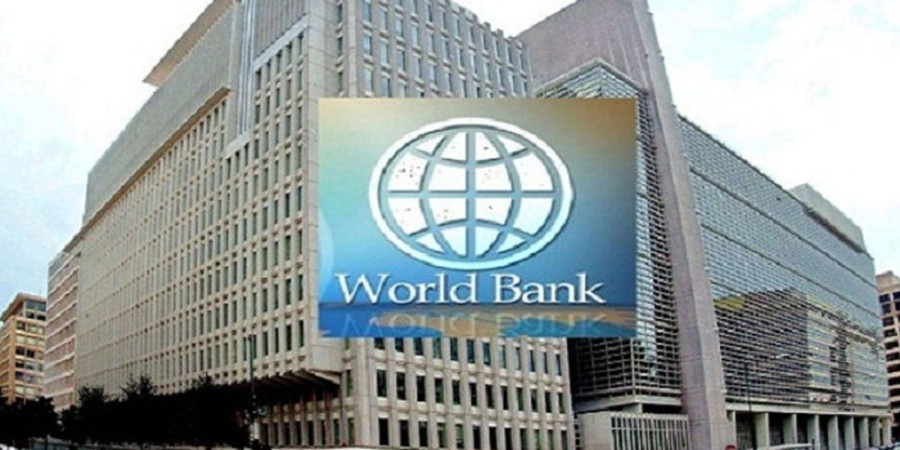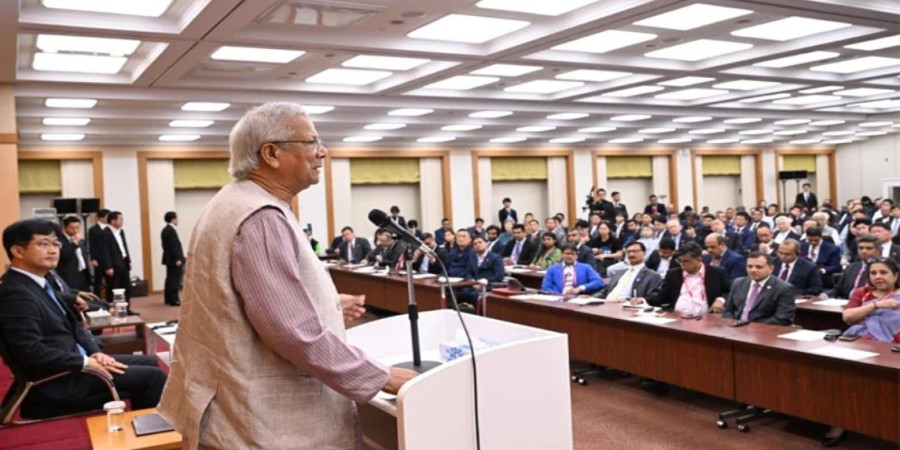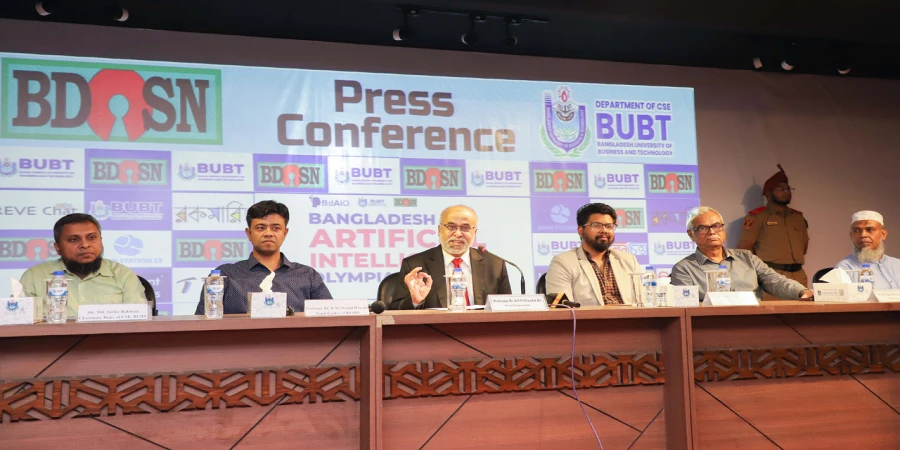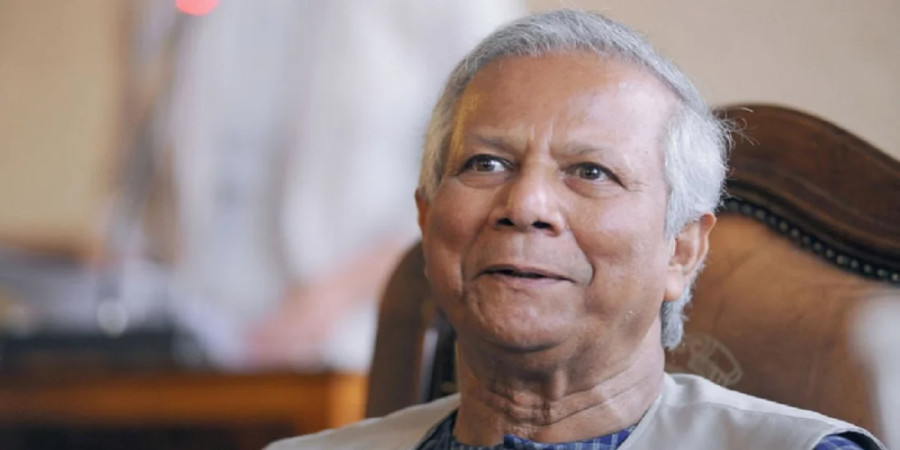
ছবি: Photo: Collected
The World Bank has approved $1.16 billion in financing to support Bangladesh’s health sector, water and sanitation services, and green climate-resilient development initiatives. The decision was made on Thursday, December 19, at the organization’s Board of Executive Directors meeting in Washington, D.C.
According to a press release from the World Bank’s Dhaka office on Friday, December 20, this loan, equivalent to 12,147.29 crore Bangladeshi Taka at a rate of 119.56 BDT per USD, will help Bangladesh address critical development priorities.
Abdoulaye Seck, Country Director for Bangladesh and Bhutan at the World Bank, emphasized that Bangladesh is one of the most vulnerable countries to climate change and faces significant challenges related to pollution. He stated that improving climate resilience and tackling pollution are now top priorities for sustainable development.
“This new financing will provide essential health, water, and sanitation services to the people of Bangladesh, laying the foundation for a cleaner, climate-resilient, and sustainable future,” he added.
The World Bank allocated $500 million under the Second Bangladesh Green Resilient Development Credit to support the country’s transition toward green and climate-resilient development. This funding will promote policy reforms to enhance public planning, financing, and implementation of green initiatives at both local and national levels. It will also encourage resource-efficient production and services across critical sectors.
As a prerequisite for this financing, Bangladesh’s Planning Commission adopted guidelines for long-term public investment programs for key sectors, aligning them with the medium-term budget framework. The loan aims to support initiatives such as reducing air pollution, enforcing environmental regulations, increasing access to carbon markets, and expanding sustainable water and sanitation services.
The financing aligns with the objectives of the Bangladesh Delta Plan 2100, with the Planning Division adopting a Delta Appraisal Framework to ensure the plan’s effective implementation. It also supports sustainable public procurement by integrating environmental and social considerations.
In addition, the funding will promote energy efficiency in construction materials and equipment, fostering a more environmentally friendly building sector.
A further $379 million has been allocated to health, nutrition, and population sector development programs to improve quality health and nutrition services in the Sylhet and Chattogram divisions. These funds will help build climate-resilient health systems and provide quality services to approximately 5.1 million people.
The program aims to reduce maternal and neonatal mortality rates by increasing normal and cesarean deliveries in public hospitals. It will extend services to vulnerable women in climate-affected districts and strengthen healthcare systems for diagnosing and treating conditions like hypertension and other diseases.
Additionally, a $25 million grant from the Global Financing Facility for Women, Children, and Adolescents (GFF) will prioritize child nutrition, adolescent health, quality maternal and neonatal care, and enhanced data utilization and coordination.
The Chattogram Water Supply Improvement Project will receive $280 million to provide safe water to over one million people in Chattogram through new and rehabilitated pipelines. Approximately 200,000 households will gain water connections, and around 100,000 low-income residents will benefit from improved sanitation services.
This project, part of the World Bank’s South Asia regional initiative, aims to provide water, sanitation, and hygiene services to nearly 100 million people in the region by 2035. It will enhance operational efficiency and financial sustainability at Chattogram WASA by addressing water loss from leaks, metering errors, and illegal connections.
The initiative includes the installation of new water meters, the creation of 46 smart District Metered Areas (DMAs) for reliable water supply and leakage detection, and real-time water usage tracking. It also aims to strengthen Chattogram WASA’s capacity by developing long-term infrastructure and business plans, improving data and asset management, and enhancing disaster preparedness.
Since Bangladesh’s independence, the World Bank has been a key development partner, supporting the country’s growth with over $45 billion in grants, interest-free loans, and concessional financing through the International Development Association (IDA). In recent years, Bangladesh has become one of the largest recipients of the World Bank’s interest-free financing.
repoter






